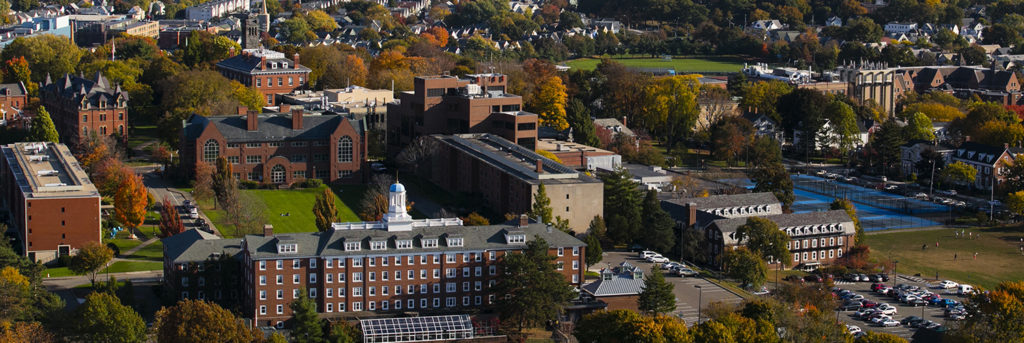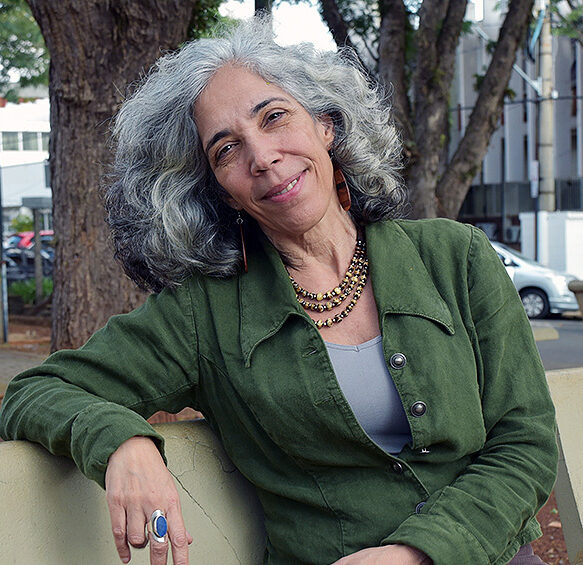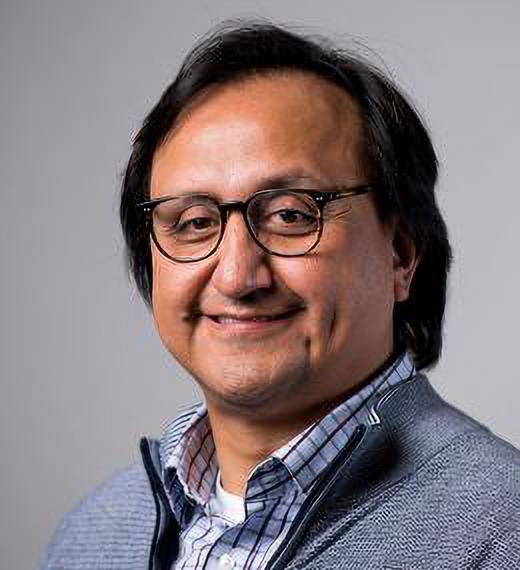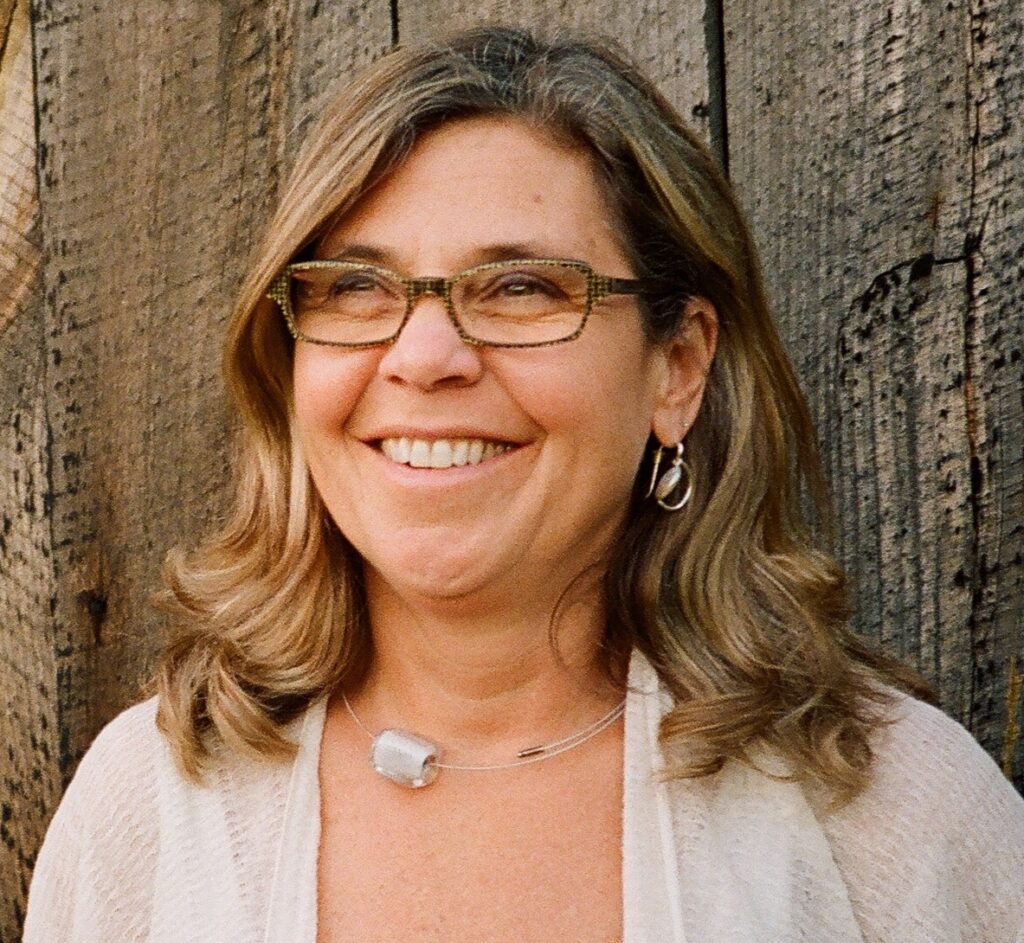
BraVis is a research center for Brazilian Visual Studies at Tufts. It aims at promoting academic exchange between scholars and students from Brazil and the US, as well as connecting to the large Brazilian community in the Boston area to promote Brazilian visual culture in the region. In its first initiative, BraVis has partnered with NEANE at the University of Campinas to run the Getty Connecting Art Histories Program Teaching Non-European Art with Brazilian Universities that will offer online courses on Brazilian non-Western art traditions to a pool of four Brazilian universities and Tufts throughout the year of 2022.

Claudia Mattos Avolese is a senior lecturer in the Department of Visual and Material Studies at the School of The Museum of Fine Arts, Tufts University. She obtained her PhD in art history from the Free University in Berlin, Germany, and was an associate fellow at the Courtauld Institute in London for a year. In 2012 she was visiting scholar at the Getty Research Institute in Los Angeles and in 2017, visiting professor at Harvard University. Dr. Mattos Avolese was the president of the Brazilian National Art History Committee (CBHA) from 2013 to 2016 and is a member of the board of directors of the International Art History Committee (CIHA). Dr. Mattos Avolese was a professor for the history of art at the University of Campinas (UNICAMP), in Brazil, from 2003 to 2021. Presently, she continues to collaborate with the Graduate Program in Art History and Visual Studies at UNICAMP. Her principal areas of interest are visual culture in Brazil, indigenous art, material culture, global art history and theory. She is co-edited of the books Arte-Não Europeia: Conexões historiográficas a partir do Brasil (2020) and New Worlds: Frontiers, Inclusion, Utopias (2016), and her scholarly work has appeared in many peer review journals including, The Art Bulletin, Perspective, Res: Anthropology and Aesthetics, and Journal of Art Historiography.
Eulogio Guzmán has a Ph.D. in art history and an M.A. in Latin American Studies in the fields of anthropology, history, and art history from the University of California, Los Angeles and earned a B.Arch. from the Southern California Institute of Architecture. He specializes on the sculpture and architecture of the Mexica (Aztec) and socio-political history and visual culture of colonial Mexico. His interests include visual manifestations of indigenous governance, Pre-Columbian architecture and urbanism, global interactions of the sixteenth and seventeenth century, colonial and post-colonial visual strategies, Open Churches of Sixteenth Century Mexico, the Habsburg empire, kunstkammer, museum studies, and modern architectural history. Dr. Guzmán is the current chair of the Visual and Material Studies Department.


Nina Gerassi-Navarro is professor of Latin American literature and culture, and director of the Latin American Studies program at Tufts University. She grew up moving back and forth between Argentina, Brazil, and the United States, and has continued to explore these connections in her work. She has co-edited the interdisciplinary volume on transatlantic studies, Otros estudios trasatlánticos; Lecturas desde lo Latinoamericano (2009), and published numerous articles on nation building, women writers, bandits, and Latin American visual culture. Her books include Pirate Novels: Fictions of Nation Building in Spanish America (Duke University Press, 1999), and Women, Travel, and Science in Nineteenth-Century Americas: The Politics of Observation (Palgrave, 2017). She is currently exploring the intersection of politics and scientific knowledge during the nineteenth century through the writings and fieldwork of Aimé Bonpland in South America.
Discover some of the work of our members